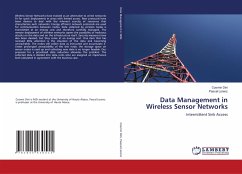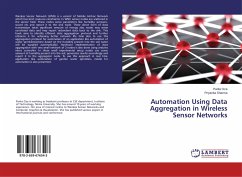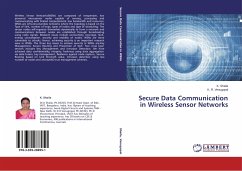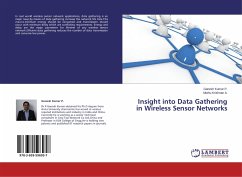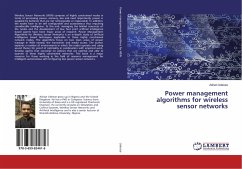Wireless Sensor Networks have evolved as an alternative to wired networks fit for quick deployments in areas with limited access. New protocols have been devices to deal with the inherent scarcity of resources that characterizes such networks. Energy efficient network protocols are used for communication between nodes. Data collected by wireless nodes is transmitted at an energy cost and therefore carefully managed. The remote deployment of wireless networks opens the possibility of malicious attacks on the data and on the infrastructure itself. Security measures have also been devised, but they come at an energy cost. One item that has received little attention is the situation of the data sink becoming unreachable. The nodes still collect data as instructed and accumulate it. Under prolonged unavailability of the sink node, the storage space on sensor nodes is used up and collecting new data is no longer feasible. Our proposal for a prioritized data reduction alleviates this problem. The collected data is divided into data units who are assigned an importance level calculated in agreement with the business case.
Bitte wählen Sie Ihr Anliegen aus.
Rechnungen
Retourenschein anfordern
Bestellstatus
Storno

